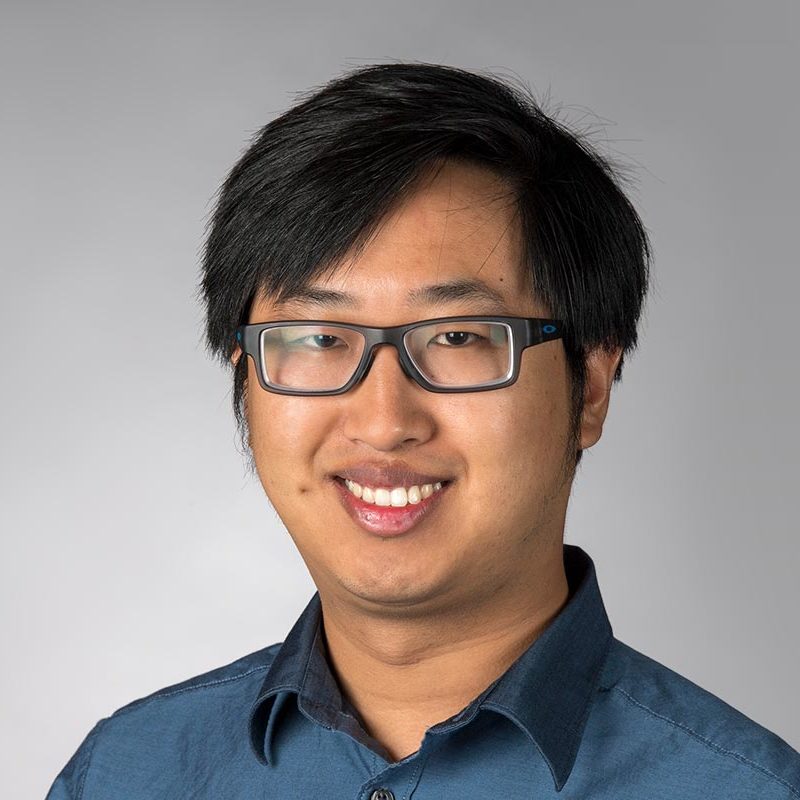Jian-Xun Wang, assistant professor of aerospace and mechanical engineering, has received a 2021 National Science Foundation Early Career Development (CAREER) Award, one of the highest honors given by the U.S. government to young faculty members in engineering and science.
Wang focuses on data-driven/augmented computational modeling. His CAREER project, “Forward and Inverse Uncertainty Quantification of Cardiovascular Fluid-Structure Dynamics via Multi-fidelity Physics-Informed Bayesian Geometric Deep Learning,” seeks to design next-generation computational modeling/simulation tools to better predict blood flow information in the cardiovascular system using artificial intelligence (AI).
Image-based computational models of the cardiovascular system are vital in understanding cardiovascular physiology and supporting clinical diagnosis and treatment planning, said Wang.
Traditional models are based primarily on physics that are solved numerically, which is computationally expensive, and their reliability is limited because of uncertain modeling conditions. However, new data is available because of recent advancements in medical imaging techniques, such as flow MR imaging. Wang is leveraging the new imaging data to enhance the prediction capabilities of cardiovascular flow models.
“We are developing computational cyberinfrastructure for data-enabled forward and inverse stochastic cardiovascular modeling,” said Wang.
“Our goal is to establish a novel paradigm of data-augmented cardiovascular fluid-structure simulations, which could help transform personalized cardiovascular diagnostics/therapeutics and lead to higher quality of life for heart patients.”
Wang’s project includes plans for educational and outreach activities, including the development of software, FlowSketchNet, to help teach fluid dynamics. College students using the software could employ hand-drawn sketches to determine the boundary for two-dimensional fluid simulations. The results would be obtained immediately based on a pre-trained deep-learning model.
He is also developing a summer workshop module for the TRiO Upward Bound program at Notre Dame. The workshop focuses on AI and mechanics via hands-on coding and interactive learning activities.
Wang received his Ph.D. in aerospace engineering from Virginia Polytechnic Institute and State University in 2017. He served as a postdoctoral researcher at the University of California at Berkeley before joining the Notre Dame College of Engineering in 2018.
— Nina Welding, College of Engineering
